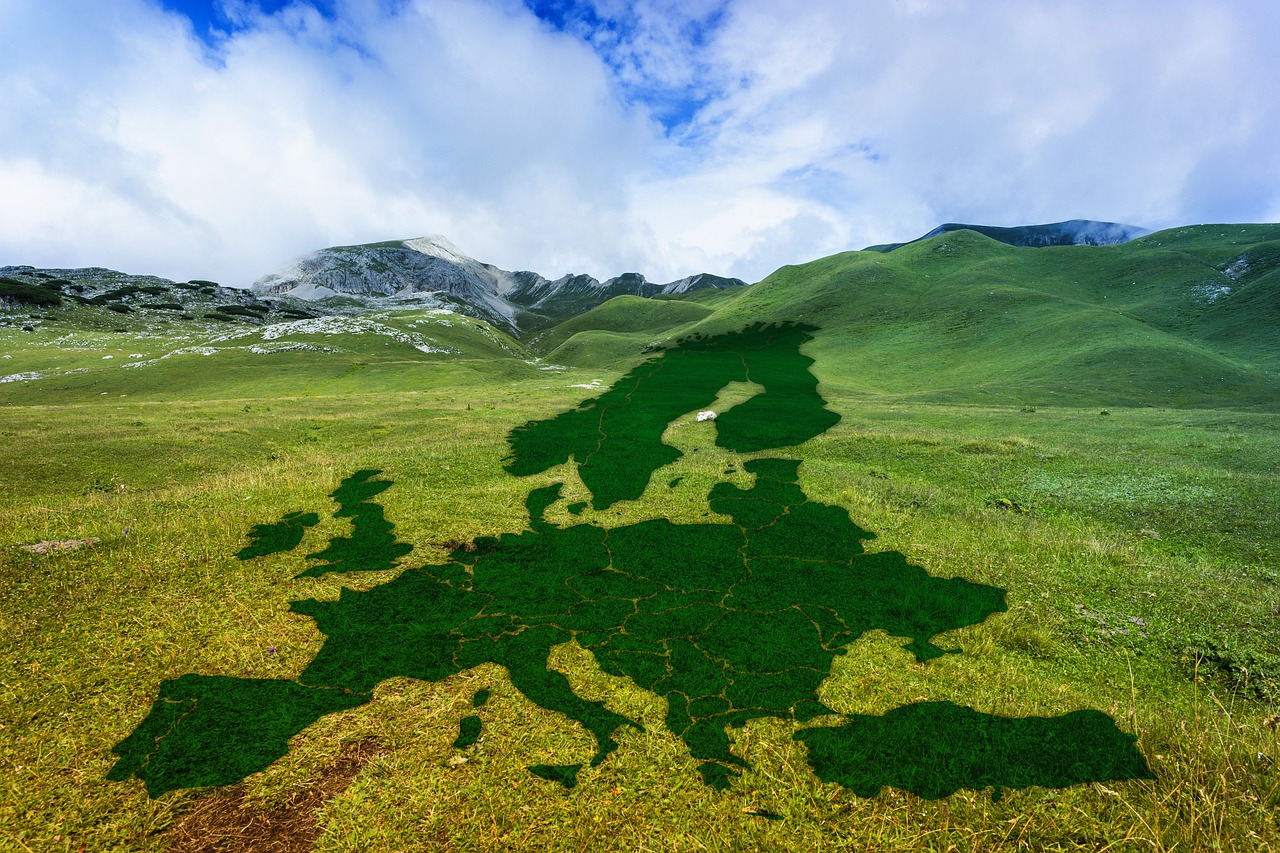
by Diego Gavagnin
The global energy market is shocked by coronavirus like all socio-economic activities and our own lives. However, the virus will pass. It is now certain that it will leave much rubble but then will return calm when the energy markets and reconstruction will start.
The crisis is too acute to imagine the way out now, but we can express hopes and ask ourselves how our world of large and small scale LNG can help.
We have witnessed in recent days a very rapid drop in the price of oil, linked to the fears of world finance, which has almost reached parity with LNG. In the meantime, the liquid methane market has become global, and its similar price on all continents, varied by transport costs due to distances.
Faced with this figure, which could compromise the advantage of LNG, it should not be forgotten that the oil market is not a free market, because it is conditioned by the existence of a cartel (OPEC, basically the large state producers, primarily Saudi Arabia plus Russia) which decides the price level by opening or closing the taps.
In these coronavirus days the price of oil is also lower than the theoretical market price, determined by the cost of production in the United States. Soon we will see the level of this marginal price, relating it to the closures of American productions that do not hold prices under 40-50 dollars a barrel (as I write the WTI, reference for the USA, it is at 27).
Unlike the oil market, the LNG market is an open and competitive market, because many large producers belong to market economy countries. The price of LNG is determined by the intersection of supply and demand, just by definition. If even the biggest manufacturer decided to turn off the taps, he would be immediately replaced.
The descent of oil can therefore reduce the speed of the trend of its replacement with the gas supplied via gas pipelines and LNG terminals, and above all with the use of liquid natural gas in heavy land and maritime transport. Europe is the protagonist of this replacement, not surprisingly a major user and importer of compressed and liquid gas.
How much will this speed decrease, and for how long? If oil also remains at prices similar to the current ones - the world economic regrowth will slow after the coronavirus recession - we must not be afraid. As we have argued since the birth of ConferenzaGNL, the advantage of gas over oil is not the price, but its much lower environmental impact.
The economic recovery may be helped by low oil prices, but let's not delude ourselves, as soon as demand returns to growth, the OPEC agreement will resume, in a temporary crisis due to the defection of Russia. Saudi Arabia reacted by opening the taps to maintain and perhaps increase its market share, however ready - as in the past - to return to the most convenient price strategy for her.
In any case, the question today is whether the large investment program to convert the continental economy to energy production and uses with the least possible polluting and climate-altering impact, will withstand the impact of the current recession and difficult recovery. Will the European Green Deal launched by the European Commission and Parliament survive the coronavirus?
In this our world of LNG can lend a hand, supporting the projects of the European Commission with strength and without delay: go ahead with the replacement of coal in electricity production and oil in transport with LNG.
Natural gas and LNG yes, but managed well, without avoidable emissions and leaks. Then immediately accelerate the conversion of LNG from fossil to renewable, with the development of bioLNG to be reserved for the most environmentally efficient uses.
The collapse of pollution due to the coronavirus quarantine is impressive, with deserted roads and highways, no sulfur and fine dust. Those who still had doubts about the impact of traditional oil traffic were denied. The virus must be beaten, but without returning to the smog clouds.
After the worst emergency has passed, the needs of the economic and financial recovery do not prevail over those of the environment, because it too is health, as we must never forget.
 EN
EN  it
it

